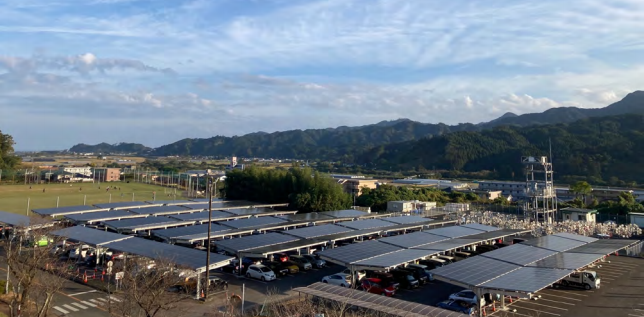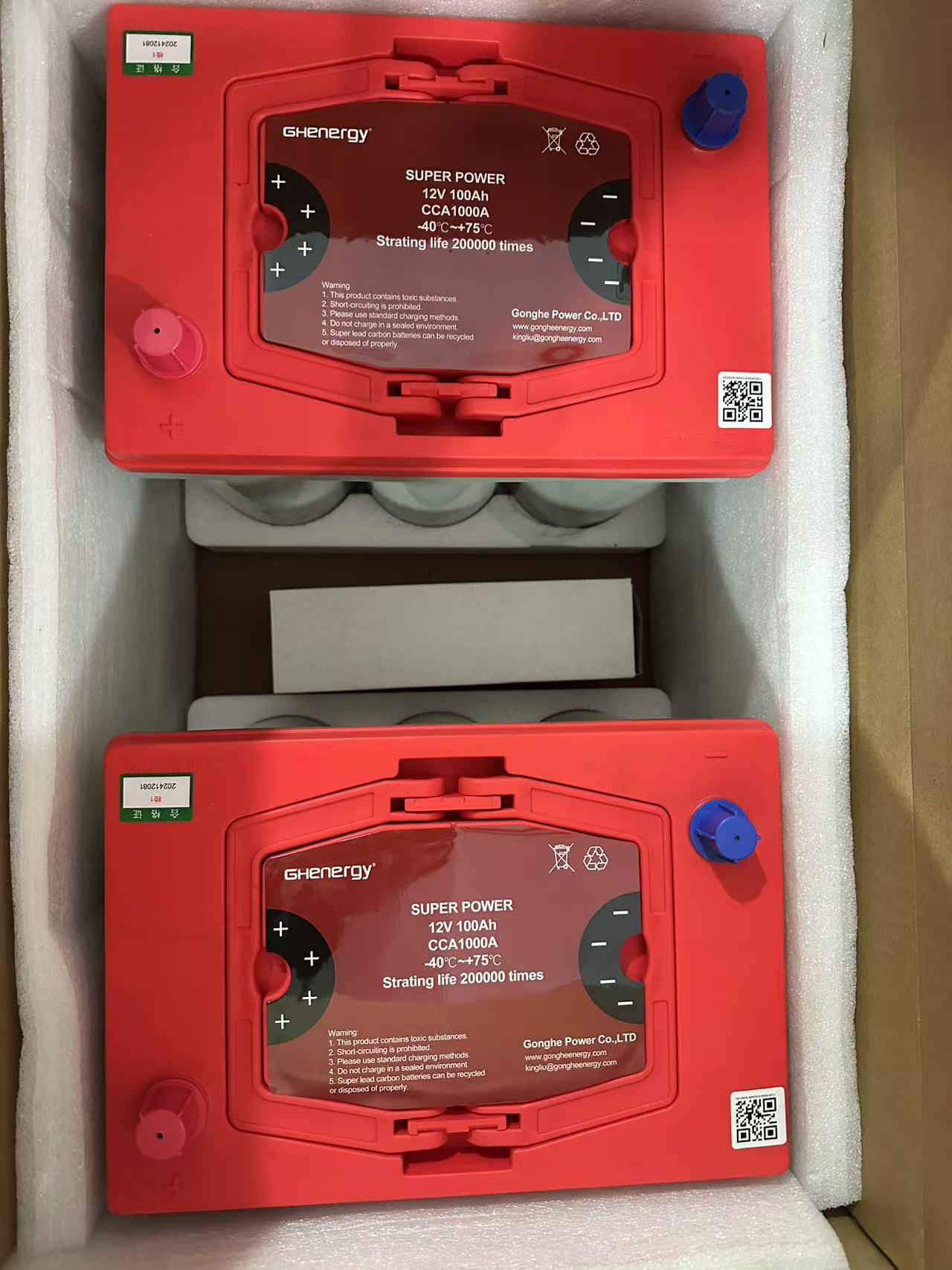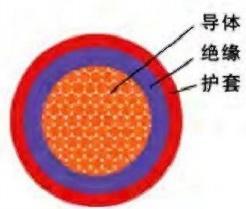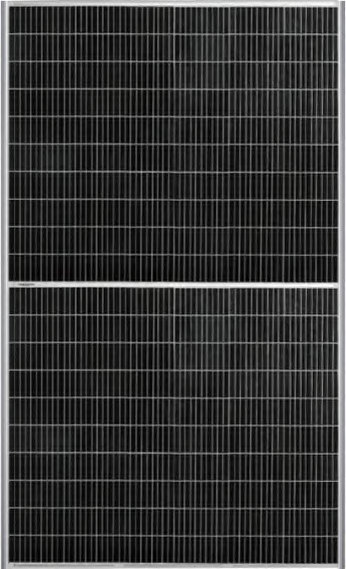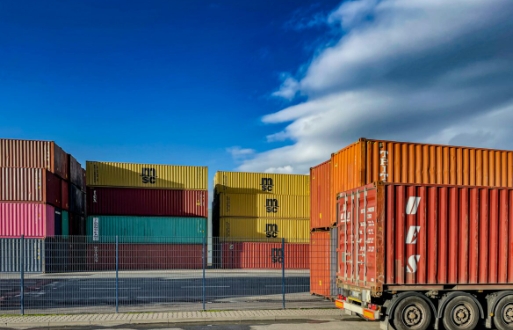 Wedoany.com Report-Feb 5, The German solar industry faces a recurring scam in which fraudsters, using false identities, order solar modules and then vanish without paying for them. The scam primarily affects wholesalers. One victim has reported six-figure losses, and police have confirmed that there is an ongoing investigation.
Wedoany.com Report-Feb 5, The German solar industry faces a recurring scam in which fraudsters, using false identities, order solar modules and then vanish without paying for them. The scam primarily affects wholesalers. One victim has reported six-figure losses, and police have confirmed that there is an ongoing investigation.
The imposters create convincing websites mimicking legitimate companies, often targeting community energy projects that lack detailed online presences. A listed phone number connects to a seemingly professional secretariat, enhancing their credibility.
Orders are placed on accounts with standard payment terms. Internal trade credit insurance checks validate the creditworthiness of the new customers, as the provided company names exist in the commercial register, leading to approval for delivery.
Shortly after, shipping companies collect the goods, but payments are never received, and both the customer and the ordered products disappear. Trade credit insurance entities usually identify the fraudulent transactions, but typically they do not cover such cases, according to the affected parties.
Often, the stolen goods are resold. Shipping companies then deliver these panels directly to unsuspecting buyers who believe they have secured bargains. Under German law, purchasing stolen goods in good faith does not lead to criminal charges, but buyers cannot claim rightful ownership.
If wholesalers locate their PV modules, they can demand their return. Potential buyers therefore need to verify the identities and trustworthiness of sellers, especially when purchasing modules from trading platforms.
The affected wholesalers have identified 11 such fraudulent identities. Despite increased caution, preventing repeated incidents has been challenging, resulting in the theft of three truckloads of PV modules.
The wholesalers require advance payments for initial orders from new customers, which is problematic in a competitive market. However, even this has been ineffective, as the fraudsters have been paying for initial orders to build trust, and then request new payment terms for subsequent orders, which they exploit to commit fraud.
To stop such crimes, wholesalers must now employ stricter measures, including using internet archiving services to check the histories of new customers' websites. This helps determine if a company's website was created shortly before initial contact, which is a potential red flag.
Wholesalers should also check new customers' contact details. Frequent changes or recent entries could indicate fraudulent intentions. Additionally, wholesalers have started visiting new customers in person to verify their identities and assess the legitimacy of their companies.
Chief Inspector Hella Christoph from the police in Bielefeld, Germany, has told that the scams are not isolated incidents and have affected numerous wholesalers across the country.



